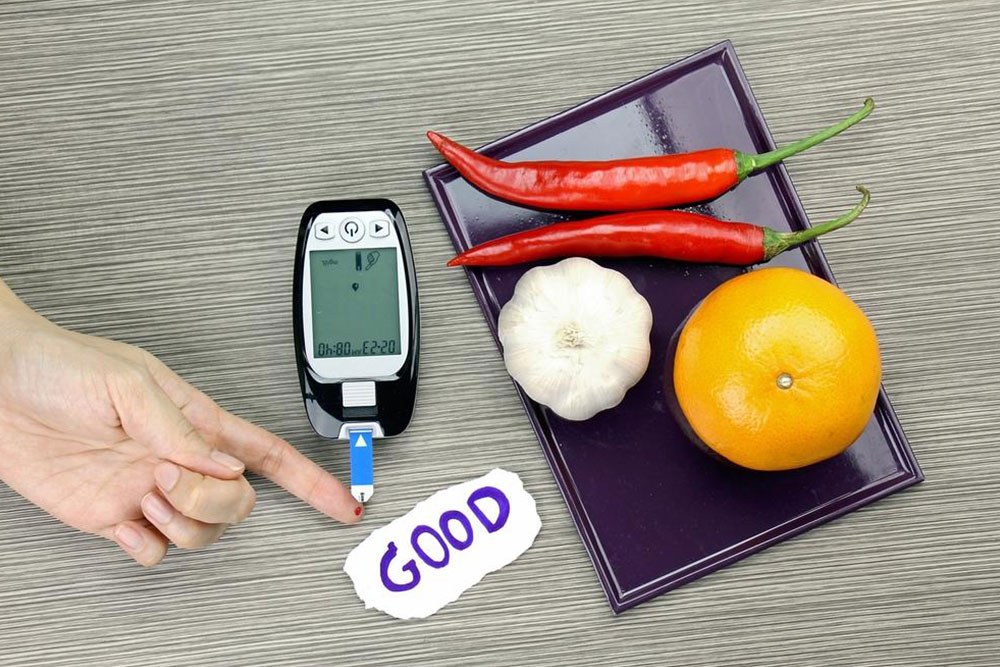Nutritional Strategies to Support Mental Health in Schizophrenia Patients
This article explores nutritional strategies to support mental health in individuals with schizophrenia. It emphasizes the importance of healthy fats, gluten management, fruit and vegetable intake, antioxidants, and niacin-rich foods. The guidance highlights how proper nutrition can complement treatment, improve symptoms, and promote overall well-being. Medical supervision is recommended when making dietary changes, and medications should be used as prescribed. An integrated approach involving diet and medication can optimize outcomes for schizophrenia management.

Supportive Nutrition for Mental Wellness in Schizophrenia
Adopting healthy eating habits is vital for overall health, including physical, emotional, and mental well-being. Equal attention should be paid to nutritious lifestyle choices. Maintaining a balanced diet can significantly influence the effectiveness of schizophrenia treatments. This article highlights dietary recommendations for individuals managing schizophrenia.
Incorporate Healthy Fats
Essential fatty acids play a crucial role in managing mental health conditions. For schizophrenia, including foods high in omega-3 fats enhances symptom control. Regularly consuming fatty fish such as salmon, sardines, mackerel, and tuna is recommended. Vegetarian sources like flax seeds, walnuts, pumpkin seeds, and other nuts can also contribute. Supplementing with fish oil or omega-3 pills can further support mental health management.
Limit Gluten Consumption
Gluten's reputation has diminished due to its potential to cause gut-related issues, especially in sensitive individuals. Common in wheat, rye, and other grains, gluten may exacerbate health problems for some. Testing for gluten sensitivity might be beneficial before removing it entirely from the diet. Replacing gluten-rich foods with rice, oats, quinoa, and buckwheat can reduce inflammation and promote gut health.
Increase Fruit and Vegetable Intake
Eating plenty of fruits and vegetables provides dietary fiber, which benefits gut health and aids symptom management in schizophrenia. These foods supply essential vitamins and minerals that support brain and body functions. Fruits such as berries, apples, pears, and melons are especially recommended for their nutrient density.
Consume Antioxidant-Rich Foods
Antioxidants protect the body from oxidative stress caused by free radicals, which may impair cellular function. Including antioxidant-rich foods like berries, citrus fruits, beans, nuts, and leafy greens can help mitigate treatment side effects and support overall health with vitamins A, C, and E.
Eat Foods High in Niacin (Vitamin B3)
Vitamin B3 is often found deficient in individuals with schizophrenia. Incorporating niacin-rich foods such as poultry, eggs, fish, green vegetables, mushrooms, and avocados can help slow disease progression and enhance treatment outcomes.
Adopting a nutritious diet may alleviate some symptoms but does not substitute for prescribed medication. Medications like CAPLYTA® containing lumateperone can reduce hallucinations, agitation, and improve cognitive function. Avoid consuming grapefruit or grapefruit juice during medication therapy as it may cause adverse effects. Consult with a healthcare provider for personalized advice.
Note:
The information provided regarding symptoms, treatments, and health conditions is for informational purposes only. It should not be considered medical advice. Always consult qualified healthcare professionals for diagnosis and treatment options tailored to your individual needs.










